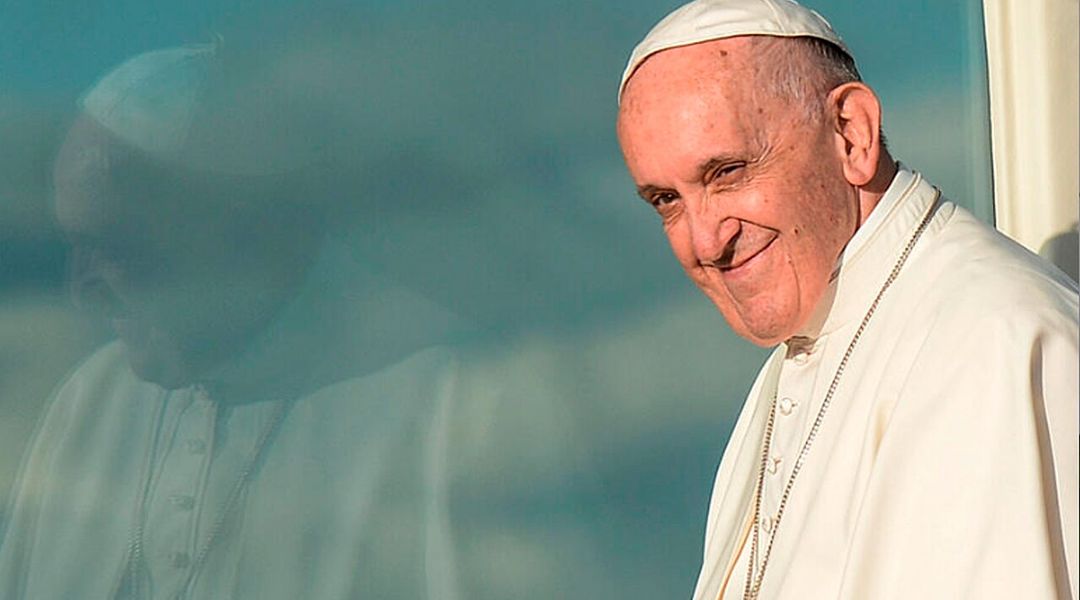Spiritual Titans: The Religious Leaders Reshaping Global Narratives in 2025

Spiritual Architects of Change: Religious Leaders Reshaping Europe in 2025
In an era of complex global dynamics, religious figures continue to wield profound influence beyond traditional spiritual realms. Our in-depth exploration unveils the transformative power of key religious leaders who are strategically navigating political, cultural, and social landscapes across Europe.
The Influential Voices
Pope Francis: A Global Diplomatic Bridge
At the Vatican, Pope Francis remains a pivotal figure, transcending religious boundaries to address critical global challenges. His progressive approach to interfaith dialogue and social justice continues to reshape contemporary religious discourse.
Patriarch Kirill: Navigating Geopolitical Tensions
The Russian Orthodox Patriarch stands at the intersection of religious leadership and geopolitical strategy, representing a complex narrative of faith, tradition, and contemporary political dynamics in Eastern Europe.
Sister Véronique Margron: A Voice of Moral Conscience
Emerging as a powerful advocate for ethical reform, Sister Véronique Margron represents a new generation of religious leaders committed to social transformation and institutional accountability.
This exploration offers a nuanced perspective on how religious figures are not merely spiritual guides, but active architects of societal change in 2025.

